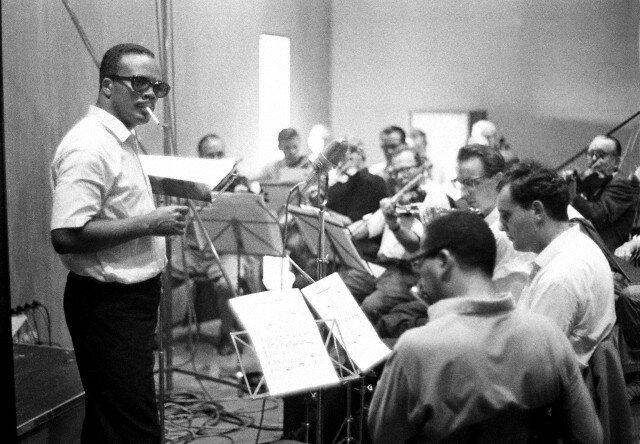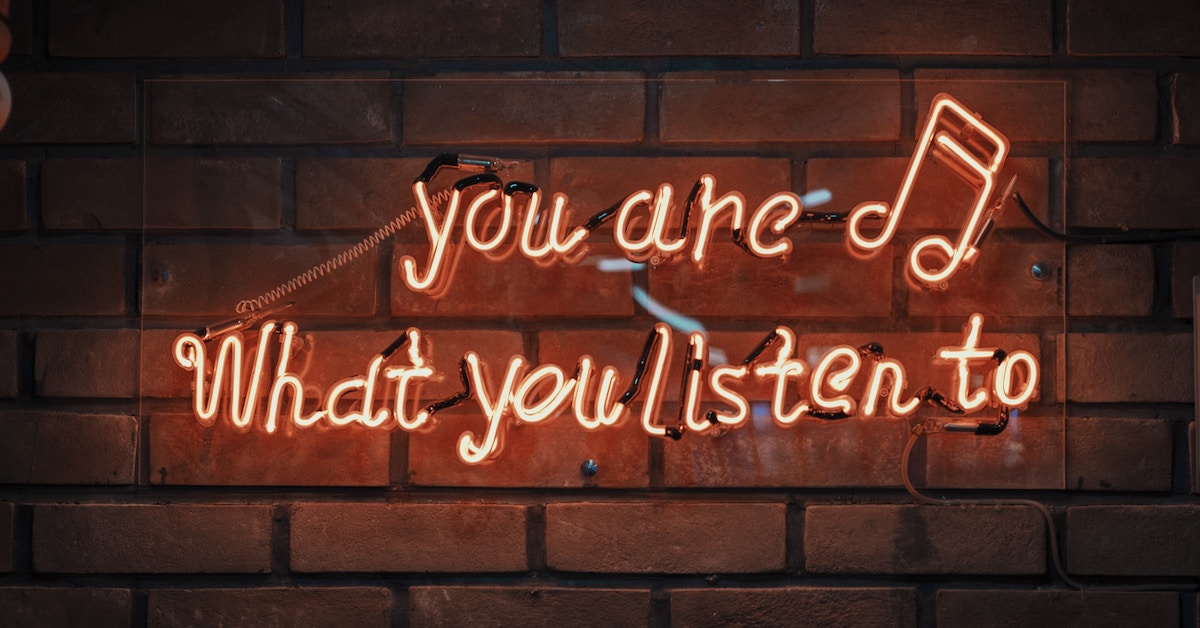Unlike radio hits that burst on the scene then fade away, holiday songs have a long, long lifespan. Every major artist records at least one album of holiday songs. Plus there’s an avalanche of holiday movies and TV shows that need these songs, too. Sure they include the classics that everyone knows and loves, but they need to sprinkle in a few potential new holiday hits, too.
Category: PRODUCTION
Tips on singing, recording, mixing, and generally making it sound all around GOOD!
Be Your Own Music Arranger
The phrase “music arranger” isn’t one you hear very often in today’s Pop music industry, but arrangers used to be an indispensable part of the music scene. In the ’50s, ’60s, and ’70s, record producers hired well known, in-demand arrangers to create arrangements for their recording sessions.
If you didn’t have the money for a Nelson Riddle, Jimmie Haskell, or Quincy Jones, the musicians would make “head arrangements” on the spot in the studio. The arranger might be used just for a horn or string session.

But things have changed dramatically since then. Today’s music producers often build an entire track from the ground up—from sounds, samples, loops, and overdubs through the final vocal recording. That means that the music producer is also the music arranger.
Nail a Vocal Performance
Whether you are singing your own song or hiring a singer, know what you need from a vocal performance before you start recording.
THE MOST IMPORTANT THING ABOUT A VOCAL
If you ask most people what they think a good vocal must have, they’ll tell you that it’s all about pitch. A singer has to sing in tune. They might occasionally mention rhythm, but it’s usually pitch.
Truth is, the most important thing about a vocal is how it makes us feel. A vocal performance that creates an authentic, emotional experience for the listener is a great vocal. That’s the only thing that really counts.
So, what are the elements of a vocal performance that are absolutely essential to making this happen?
Should I Write Or Should I Listen?
Probably every songwriter reading this would answer: WRITE! We all want to spend as much time as we can writing our songs: moving lyrics and melody forward, getting them finished, and starting new ones. Writing feels productive. It feels like you’re accomplishing something.
But listening to songs is just… well, it’s just something you enjoy, something you do when you’re driving, or studying. In other words, something you do while you’re actually doing something else.
But what if I said that listening to songs is as important to your success as writing songs? What if I told you that you should spend as much time listening as you do writing?
Alternate Versions of Your Songs
I’m often asked if it’s a good idea to record and mix multiple or alternate versions of a song. The short answer is YES! Because…
- There are versions of your song that you’ll need to have.
- There are optional versions that can be useful to have.
- There are versions that you make just because you’re dying to hear what they sound like.
For the long answer, let’s take a look at a variety of alternate versions and how they can help you in a whole lot of important ways.
MUST-HAVE VERSIONS
THE MAIN VERSION
If you’re an artist, the main version of your song is the one you’ll release as your single. It’s the definitive version, the one you’ll promote first, and the one you want people to hear.




